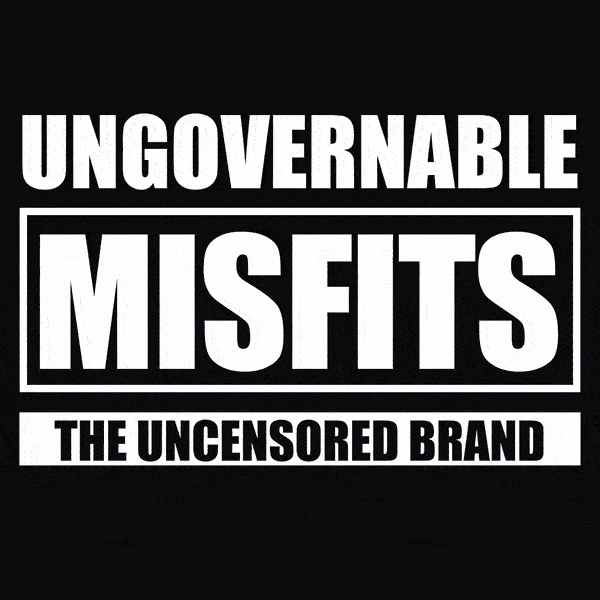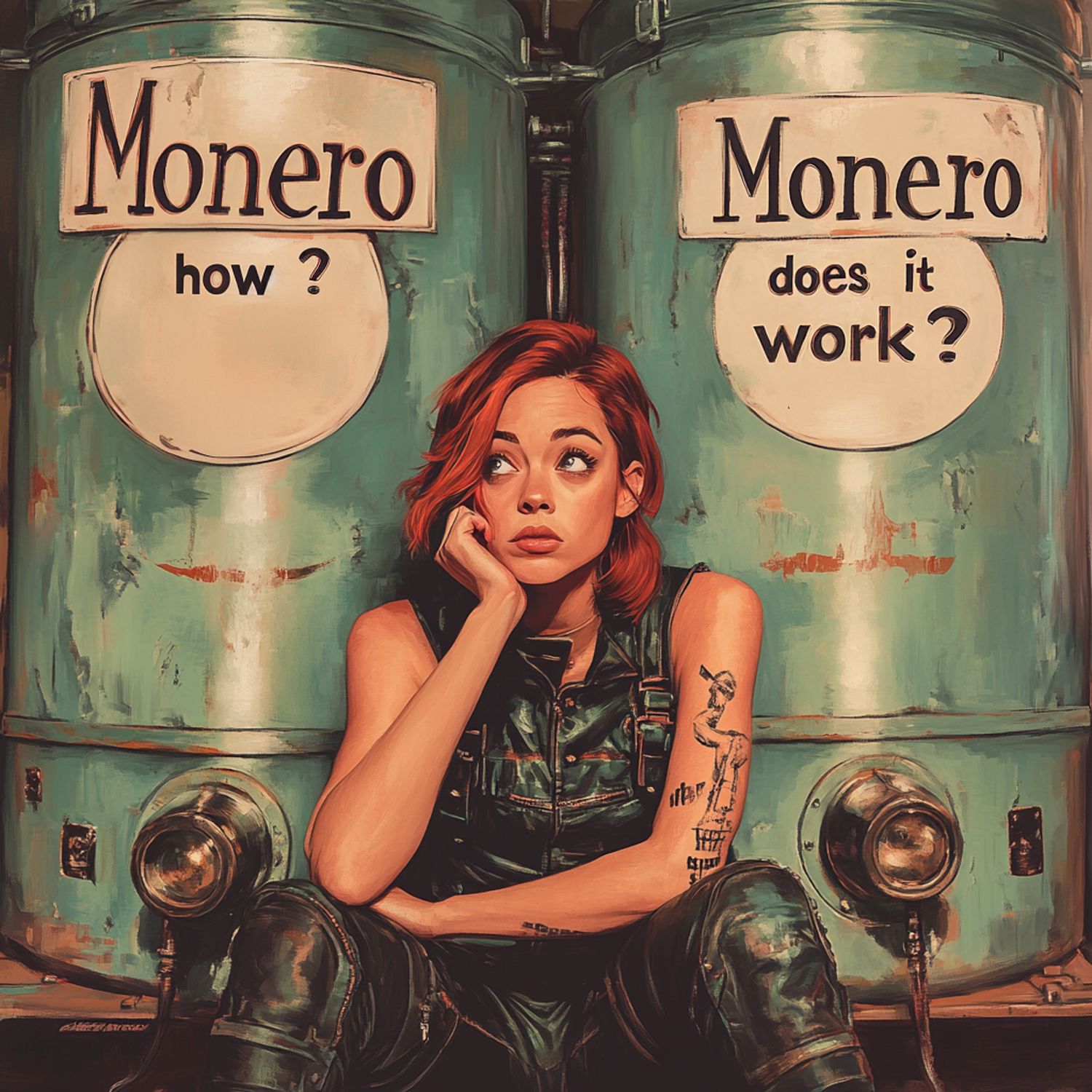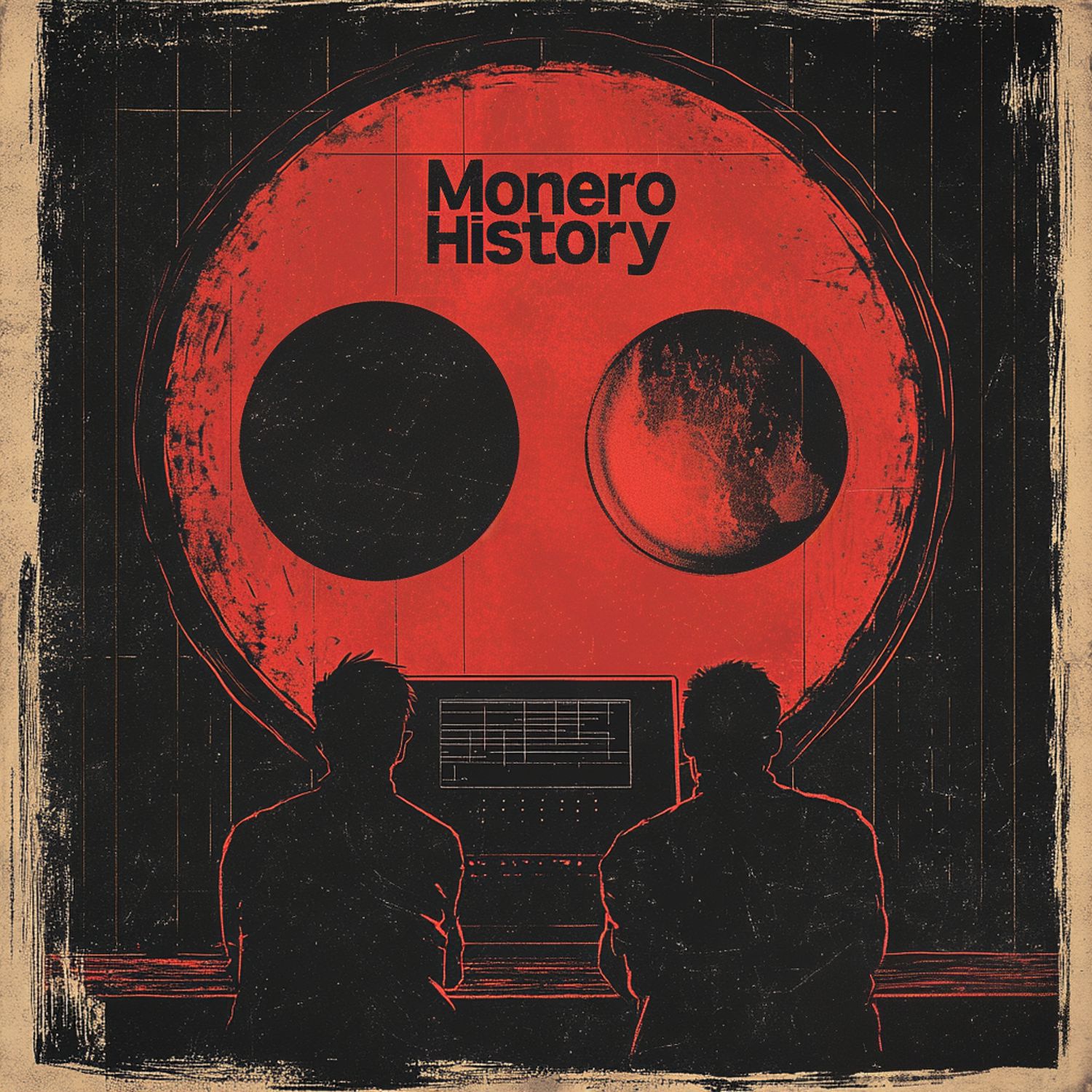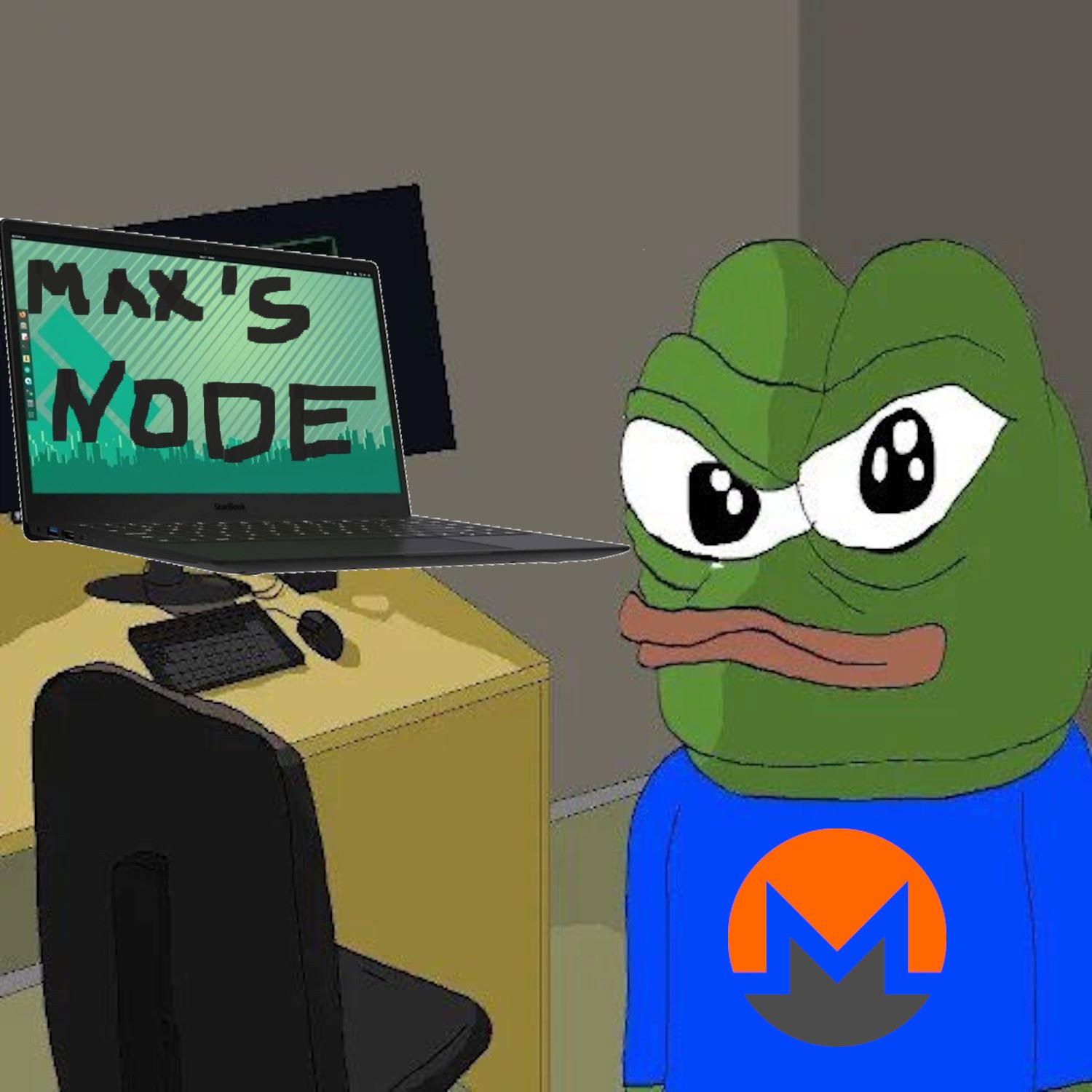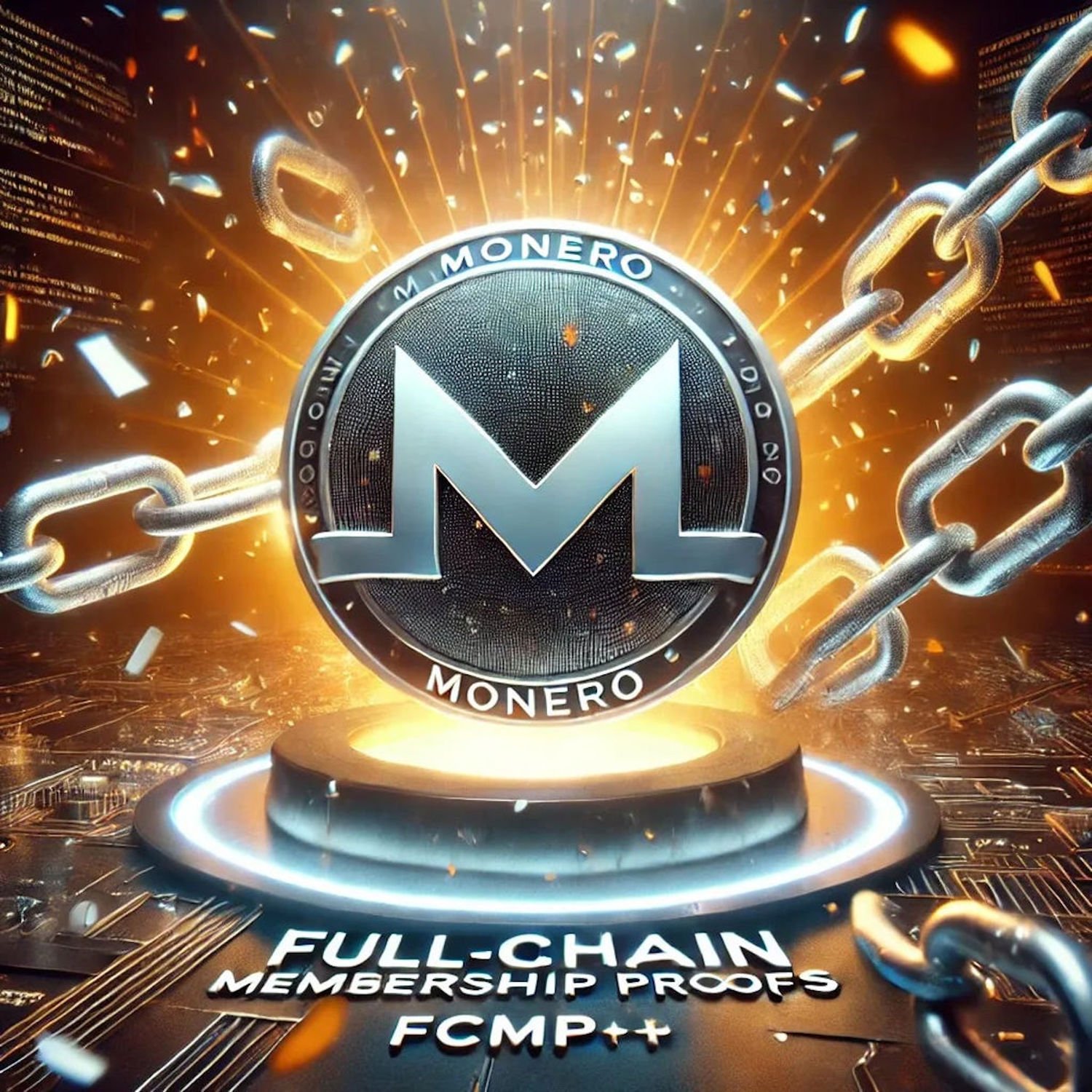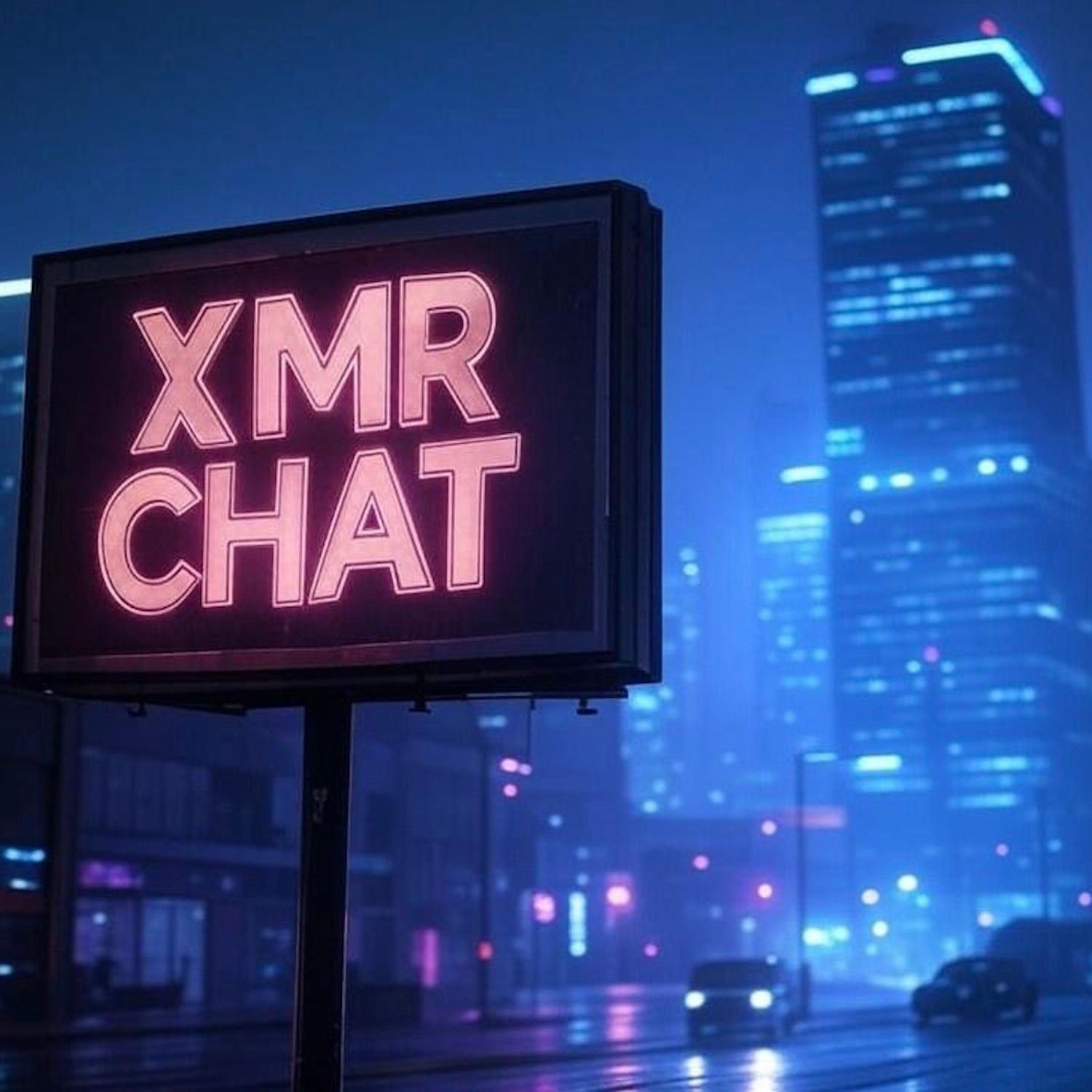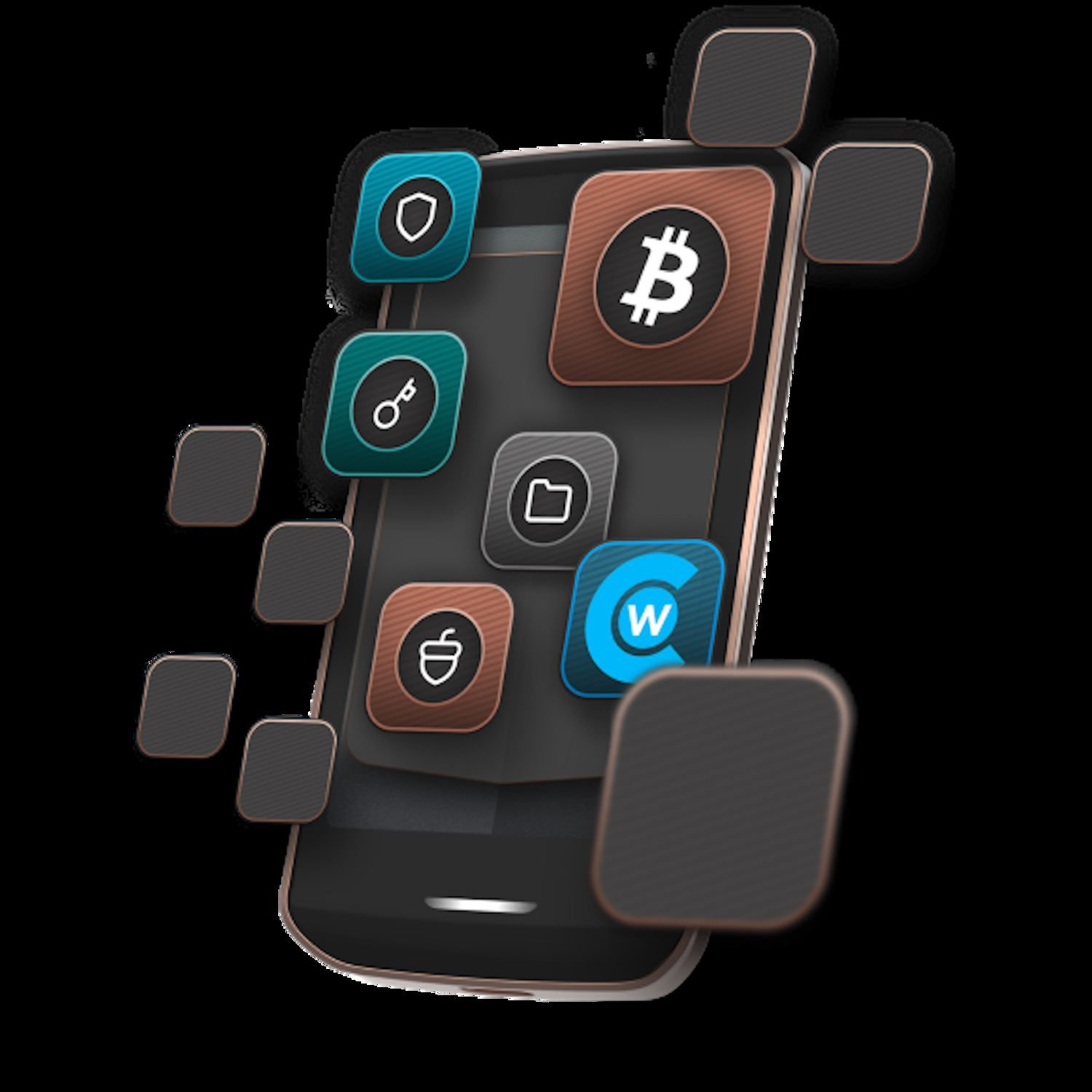I think that's yet another reason why I think the the symbiotic relationship between the two is is just so incredible because they do take very different approaches to, I think, targeting the same thing. I think we could definitely argue if Bitcoin is still targeting peer to peer digital cash these days. Some people on it certainly are, but the project as a whole, I think we could have a have a debate around that, but there's a loose target towards that, let's say, in both with very different approaches. And especially with Bitcoin's weight with the the amount of people and entities and businesses in the ecosystem, it's great that we have alternatives both ways. That as if if you're primarily a Monero user, what if the choices that we made around mining algorithm are a mistake and a nation state just says or let's just say Amazon just says, suddenly, we're gonna use all of our cloud compute to mine empty blocks in Monero. And Monero, you can no longer get a transaction through. Then I'll be really thankful that we have Bitcoin or vice versa if a nation state gets the majority of the ASR cash rate within it and says, hey. You're gonna mine these compliant blocks or else I can say, okay. Well, I'm really glad that I have access to Monero because now I can make transactions that I wouldn't be able to make otherwise. And that pairing, I think, is most valuable. And that's one of the reasons why I was so excited for the show is, like you said earlier on, there's usually, people are landing on one side or the other of, like, Bitcoin maximalism or Monero maximalism, and I think the most value is finding the right tool for the job. And for most people, I think the right tool is both Bitcoin and Monero. And so I think we'll we'll be able to hit a really good kinda center of the road approach here.


